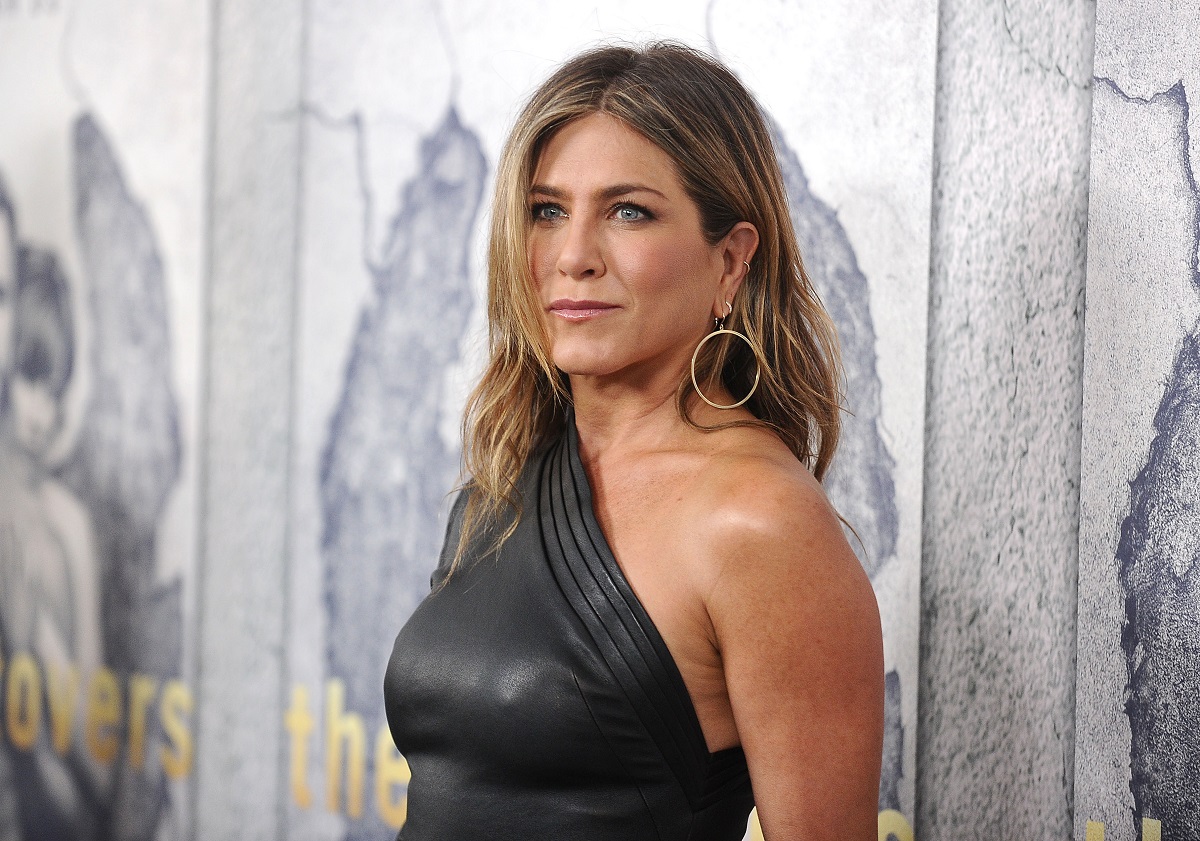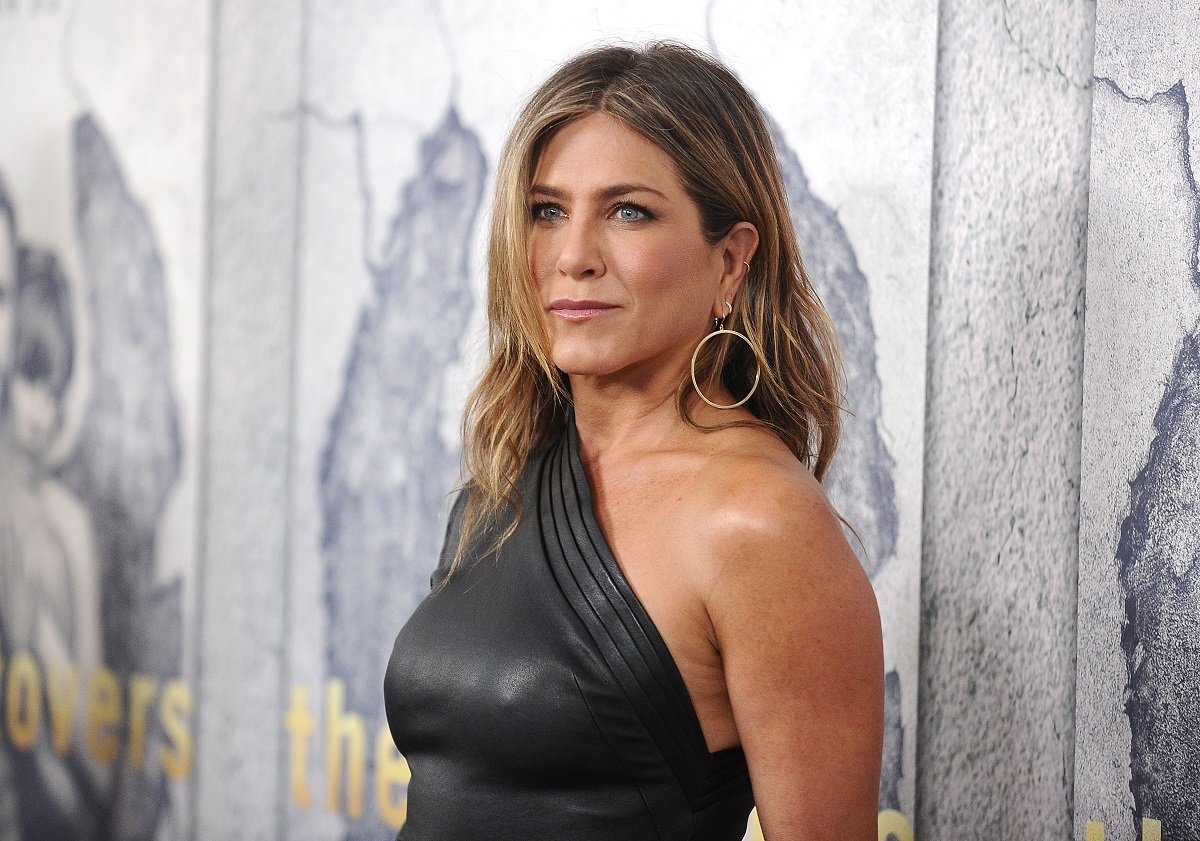
Why Jennifer Aniston Forgave Her Mom Following Their Estrangement
By the end of the 1990s, Jennifer Aniston was a household name thanks to her starring role in Friends. Since then, she’s become even more famous, and revealed more about her past. Aniston’s perspective on life is colored by the complicated relationship she had with her mother growing up. But just like the good things that happened in her life, the painful ones also helped her get to where she is today.
Jennifer Aniston and her mom were estranged for more than a decade
Aniston’s parents were both actors. Nancy Dow, her mom, appeared in shows including The Wild, Wild West, and The Beverly Hillbillies. John Aniston, her father, starred in Days of Our Lives for many years. As the daughter of two performers, Aniston spent most of her childhood in New York. However, her parents divorced when she was 9. After the divorce, Aniston and her mother stayed in New York, while her dad and older brother relocated to Los Angeles.
Dow’s life in front of the cameras had changed her expectations, and she wanted her daughter always to be perfect. Speaking to The Hollywood Reporter about her mother’s fixation on her appearance, Aniston said, “She was very critical of me. Because she was a model, she was gorgeous and stunning. I wasn’t.”
But Dow’s fixation on her daughter’s appearance wasn’t the only toxic thing she did. The pain she felt after her divorce from John seeped into Aniston’s life as she grew up. And the two eventually grew apart. Their relationship worsened to point that the Friends star and her mom stopped talking. As if that wasn’t bad enough, Dow published a memoir titled From Mother and Daughter to Friends: A Memoir — where she shared intimate details about her daughter’s childhood — further straining their connection.
Aniston would later go through divorce herself twice, first from Brad Pitt and then from Justin Theroux. In fact, it wasn’t until her split from Pitt that the actor and her mother were able to repair their relationship.
Jennifer Aniston forgave her mom following their estrangement
Aniston grew up and learned that her mother was only ever doing her best. In a 2022 cover interview with Allure, Aniston discussed her relationship with her mom and how she had overcome hardships in her past. The actor expressed that her parent’s divorce really affected her mom.
She said, “I think my mom’s divorce really screwed her up. Back in that generation, it wasn’t like, ‘Go to therapy, talk to somebody. Why don’t you start microdosing?’ You’re going through life and picking up your child with tears on your face, and you don’t have any help.”
In the interview, the star revealed that she forgave her family, saying, “I forgave my mom. I forgave my father. I’ve forgiven my family… It’s important. It’s toxic to have that resentment, that anger. I learned that by watching my mom, never let go of it. I remember saying, thank you for showing me what never to be.”
Dow died in 2016 at 79. John Aniston died in 2022 at 89.
Jennifer Aniston’s friends became her family when she moved to LA

When Aniston realized that her relationship with her mom wasn’t working out, she left New York and moved to Los Angeles. In the interview with Allure, the actor said that she had been inspired to leave her mom’s apartment in New York City by her parent’s divorce. “I was thrilled to get out,” the actor said.
Aniston arrived in Los Angeles in the summer of 1989, where she met a group of women who became her friends. Her decision to leave her mother’s home marked the beginning of her journey toward creating a new kind of family comprised of the people she chose as friends. Eventually, her friends became her family.
“I really think it was something that saved me,” Aniston told Sandra Bullock for Interview Magazine in 2020. “This is a really tough business that we’re in that is not always kind or inclusive or supportive.”


